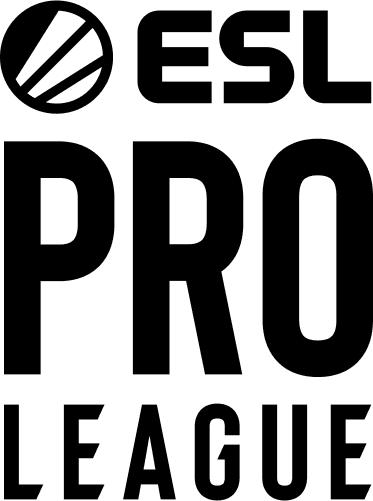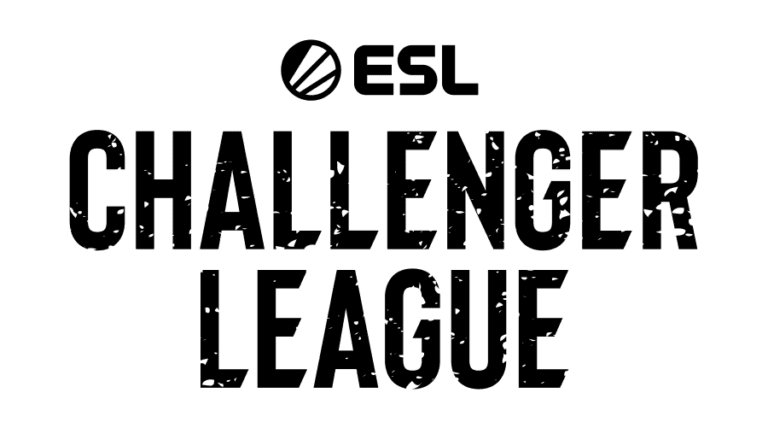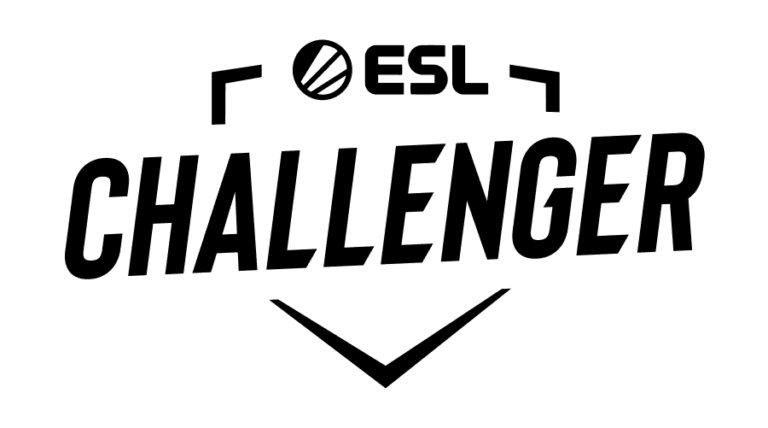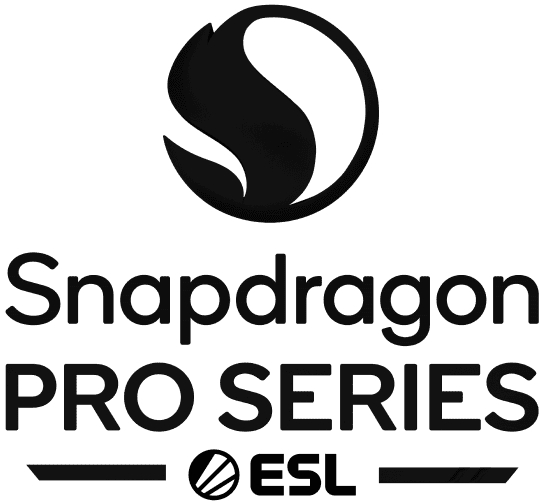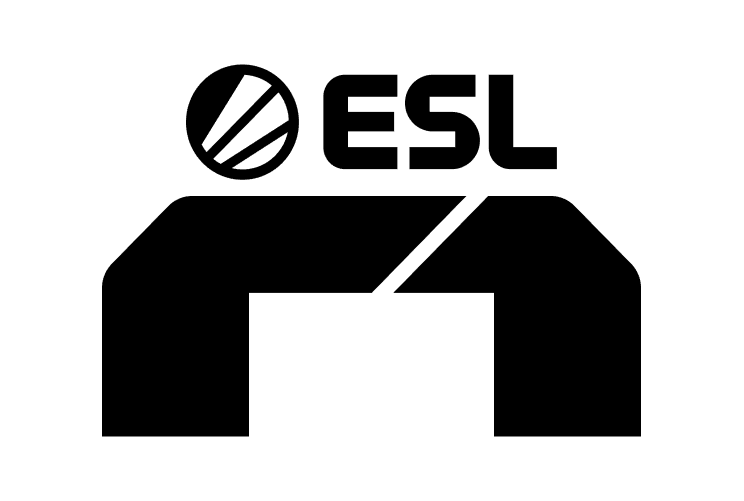If there’s a common theme throughout part five, it’s money. While all of the previous lessons are important, you can’t survive forever without earning money unless you have an alternative source of income.
This installment of my guide to being an esports broadcaster goes into more detail about what fees to ask for, how to find a company to support you, how to advertise and where as well as finally taking a lighthearted look at the most common mistakes made by esports broadcasters both old and new.
In this part, we will be taking a look at:
- Negative feedback
- Finding a company
- How to get hired
- Money and negotiating fees
- Advertising
- Common mistakes
Before we get in to the monetary side of things, it’s worth tackling the sometimes thorny subject of negative feedback and how to cope with trolls.
Coping with negative feedback and abuse
Firstly, it’s important to distinguish between feedback and abuse. Sometimes negative feedback can be used in a very positive way, especially if you notice a trend where multiple people are saying the same thing. This is not always the case, of course, because there does tend to be a ‘sheep’ mentality in gaming sometimes, so you will need to be selective and use some common sense. If possible, ask someone from the esports broadcasting industry for confirmation - most will be happy to help.
Most of the best advice I’ve come across regarding how to cope with written or verbal abuse tends to follow the rule of ignorance. In other words, if you can’t do anything about it, ignore it. This doesn’t mean bury your head in the sand, but rule out the rubbish before taking anything to heart.
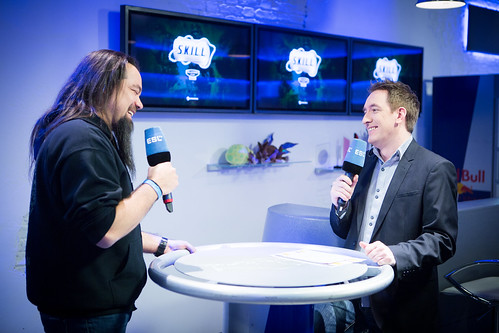
As I said earlier, you’ll need thick skin in this industry, especially if you choose to read all the threads and comments posted about you. I know that many of the top commentators do read forums, Reddit threads and other community sites, often tracking down comments made about themselves. There is a little ego and narcissism in doing this, but most will be looking for the negative feedback so they can improve (although I do know that some top commentators don’t read anything at all). It’s totally up to you, but early on, it will almost always help you improve if you’re careful with what you read and how you take it.
You also need to remember that the mindless idiots are the smallest group of people posting - but (usually) the loudest as well. However, that doesn’t make them right.
When filtering feedback, the best thing to do is put it into two categories. The first is feedback on your job, how you perform and what you’ve said. Some of this will be unreasonable and some of this you may want to respond to, but resist the temptation for now. Most of these will at least tell you something you can work on or you may just disagree with, and that’s fine too.

The second category should be those comments that attack you personally - they may criticize your physical appearance, your sexuality or even your family. These are usually trolls and should be ignored completely. Even if they aren’t trolls and someone comments on the shape of your nose, there isn’t much you can do about it, so ignore it. Attacks on family are rare, but I have seen them and suffered from them in the past. It’s not nice, but unless you think there is a serious threat, these are also best left ignored or at the very least reported via the site or social media service you use. Almost all sites and social media have ways of reporting abuse, so take them seriously. The mute button on Twitter is particularly useful as it not only saves you from seeing anything the person says but also doesn’t alert them to the fact that you aren’t.
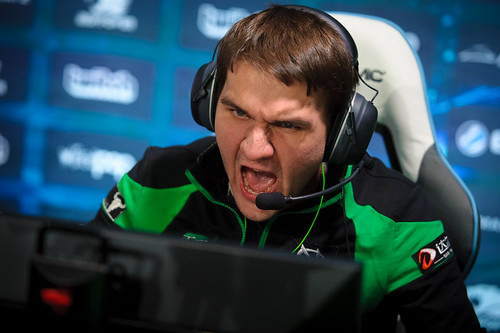 It is widely accepted that most trolls are looking for attention - don’t give it to them and eventually they will get tired of trying and stop.
It is widely accepted that most trolls are looking for attention - don’t give it to them and eventually they will get tired of trying and stop.
If you do suffer from explicit threats then ensure you take it further, treat it seriously and do something about it, but never reply and don’t attack back.
You can also talk to others in the industry who have struggled with or suffered from attacks and ask how they dealt with it. Geoff “InControl” Robinson and Genna Bain were particularly helpful when I asked for help on how to deal with a relentless stalker troll and many of the lessons I learned from them are included above.
Finding a company (AKA breaking into the scene)
There’s no strict time limit imposed on you to find one, but the sooner the better if you are serious about making a career or succeeding at this role. A year of covering a specific game is usually enough to give you the basics of online game commentary. For the next step, you need to be around like-minded professionals so you can build on your skills and adapt to new games.
I am often asked how to join an esports broadcasting team by those who have shown a little talent. The answer is simple: send in a demo and a short CV showing what you bring to the table and how you are serious about joining a broadcaster. You don’t have to have TV ambitions to join one, either - every broadcast station worth their salt needs a wide range of talent on their books. If you get turned down, ask for advice on what you need to improve on. Video game broadcasters are few and far between, and all of those I’m familiar with have good people involved who will take the time to talk to you about how to improve.

With that said, there are limited places, and the top companies will want those who are already established or at least have the basics down and shown decent talent. So, if you do get turned down by the top broadcasting companies, don’t get too disheartened. Instead, keep working hard and trying to get to as many events as you can, even if they don’t pay very well - exposure is the thing you need most in your first 18 months.
If you get turned down by one company, try others. There are many out there and they’re all at different levels. If you aimed high to start with, try a clan station or one of the stations that cover online leagues only. One is bound to suit you, whoever you are.
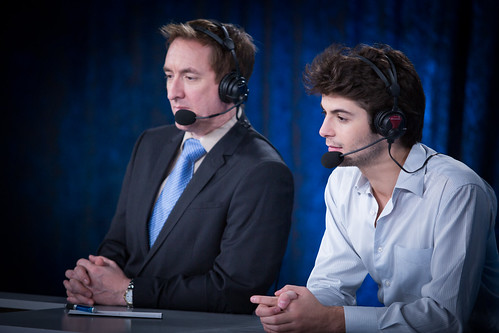 It’s also worth remembering that some are location-based, so if you live in the USA it might not work out trialing for a Europe-based broadcaster. The same can be said the other way round, too, especially considering time zones, though of course some have moved their homes abroad with great success, but usually only once they are established in the scene.
It’s also worth remembering that some are location-based, so if you live in the USA it might not work out trialing for a Europe-based broadcaster. The same can be said the other way round, too, especially considering time zones, though of course some have moved their homes abroad with great success, but usually only once they are established in the scene.
When you apply, think of it like any other job application. Produce a CV of your esports broadcasting exploits, include links to your best work (in video) and ensure it’s as professional as it can be. Outline your goals and ambitions and ensure the CV is as up to date as possible.
Finally, you could consider starting your own station with other up and coming broadcasters. This has the added advantage that you are stronger as a collective both for event broadcasting and being able to cover more on your channel for online tournaments.
How to get hired
There are many things you can do in order to raise your stature, improve your popularity and generally get yourself in front of more eyeballs (which in turn means you’ll have more to offer a prospective broadcast company). These include:
- Learning and commentating more than one game
- Publicizing your Twitch channel via advertising and social media
- Running your own tournaments and streaming them
- Interacting with your Twitch channel on a regular basis
- Starting your own website
- Creating a showreel
One of the biggest misunderstandings people have is thinking they can be good or even great at one game and be hired by an esports broadcaster. While this is true of the elite few at the top, it’s actually very rare to be hired by a broadcaster like ESL TV if you only cover one game. Many of those who were successful early on in esports broadcasting and successfully made it their job did so because they could be extremely flexible, and the same applies today.
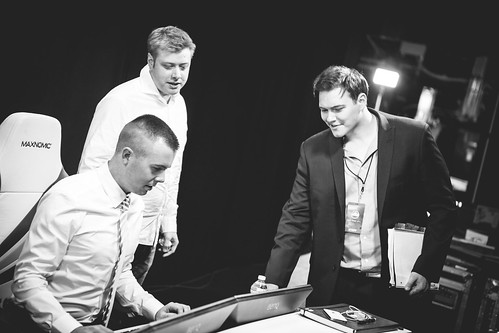
If you initially find it hard to secure a broadcaster, it may well be because you’re only known to cover one game, and they may already have those games covered by experts. You improve your value to an esports broadcaster tenfold by being able to cover multiple games.
In the next part of this series we will cover how to learn new games in more depth, but for now, if you feel you have reached your potential in your chosen game and aren’t getting the breaks, it might be time to learn some other games as well.
If you look at the commentators in esports right now, only a handful can claim they commentate or host just one game. The most successful commentators are those who can commentate on multiple titles.
Many of the newer commentators who have broken into bigger companies over the last couple of years have organized and run their own tournaments, usually on a relatively small scale but with great players or teams invited to play over the internet. This offers the commentator the chance to promote and stream their own content. It also allows them to interact with and ask other commentators to come and join them, ensuring they get further promotion in a (usually) much larger community. If you aren’t proficient in running a tournament, find someone who is willing to help you - those in your channel or the community will usually be happy to help if it’s a one-off.
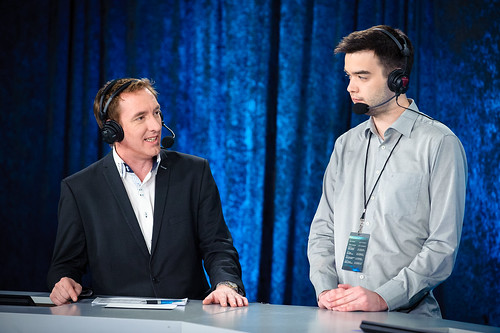 Finally, start your own website. It doesn’t need to be incredibly well coded or even unique. There are lots of content management systems (CMSs) out there like WordPress which can get you up and running in a very short space of time. Use the website to post news (cross-posted to your various social media accounts, of course) and keep it up to date with stream schedules, photos, YouTube clips and details of how to hire you (including a business email).
Finally, start your own website. It doesn’t need to be incredibly well coded or even unique. There are lots of content management systems (CMSs) out there like WordPress which can get you up and running in a very short space of time. Use the website to post news (cross-posted to your various social media accounts, of course) and keep it up to date with stream schedules, photos, YouTube clips and details of how to hire you (including a business email).
You can also create a page which explains who you are and what you do, as this way those who visit the site out of curiosity will get to know you better. With a website, you will also rank in Google for your name, especially if you ensure that the meta title in your main page includes your full name and nickname as well as the words “esports broadcaster” or “shoutcaster” as the two main popular searches for the job role.
If you really want to do it properly, ensure you also put together a highlight reel. This is a short five to seven minute video that showcases your best commentary or hosting from events, tournaments or matches you have taken part in.
If you have the right voice, you may want to do some voice work too. Contacting popular video creators on YouTube and offering your services to narrate or commentate their frag movies or videos free of charge will allow you to reach a much larger audience. As it’s free, insist on a credit in the video together with a link to your social media profile or website - most will usually agree as it hasn’t cost them anything.
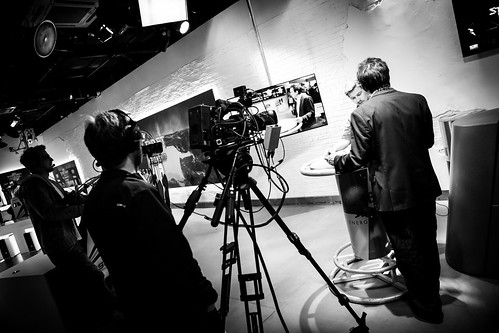
Money and negotiating fees
One of the least written about areas in esports broadcasting is money. A common question from newly popular commentators and hosts is “how much should I charge?”. It’s a really difficult question to answer as each one is specific to the person asking it.
I can, however, give some broad ideas regarding the money you should be asking for from tournament organisers and shows, but you also have to factor a few other things into the equation before coming up with a fee, including:
- The type of event (how big it is, who’s running it, etc)
- Is it mainstream TV (these guys have totally different budgets)?
- Is it a marketing campaign (it’s important to understand which pot of money your fee is coming from)?
- Is it a traditional esports organizer?
- Are there any major publishers involved?
- How experienced are you?
- What do you bring to the event in addition to yourself?
- Distance/the amount of travel required
A big misconception newer broadcasters have is regarding prize money, or more specifically talent using what’s being given away as prize money as a guide to how much they can ask for. Let me tell you it from both sides of the fence here: you cannot base your fee on how big the prize pool is, high or low. It usually comes from a totally different pot of money external to running expenses (under which you are certainly included) and is possibly provided by a mix of different sources.
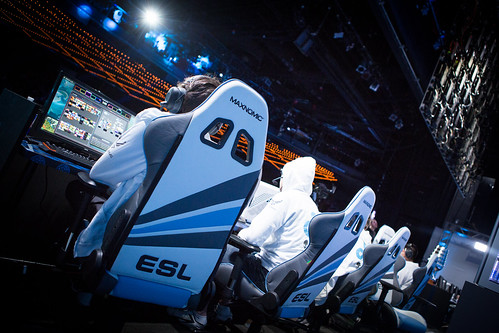
Of course, the prize money does have an effect on how big the tournament will be or on what kind of stage it will be shown, but don’t use the prize fund as a foolproof guide as to how much money you should earn from the event.
One of the things you can do is determine how badly you want to be at the event and/or what game it’s hosting. If it’s a game you don’t enjoy or an event you don’t want to be at, then you can of course ask for a higher fee on the basis that it becomes your reward for the event beyond actually wanting to be there.
While you can have a rate card for your services, you should be prepared to be flexible with it - and in both directions of the pay scale. If a rate card seems too complicated, stick to one fee you charge for all events on a daily basis and never waver from. Smaller events might not be able to pay you it but the larger ones will consider you a cheap option, which may lead to more gigs, ultimately balancing out what you may have earned from a wide-ranging rate card.
Alternatively you can hire someone to deal with all of this for you, and there are now plenty of ‘agents’ in esports who will look after your finances and help get you in front of potential shows or events. They will also take a cut of the fee they get for you, which can range from 10% to 60% depending on who you go with. All of them offer various levels of services, from simple fee negotiation to arranging everything for you from flights to hotels as well as taxation advice.
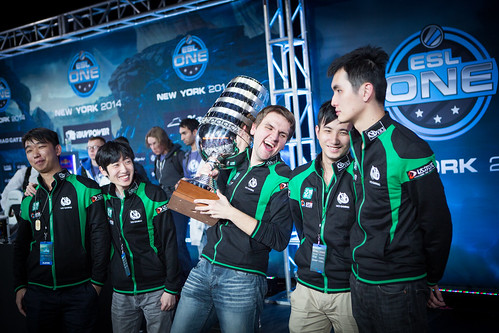
You also need to be honest about what you add to the broadcast and its team. If you bring a large following on social media, you can often ask for a higher fee than normal on the basis that your following will also lead to higher viewing figures (although you need a pretty substantial following for this to be the case).
Your popularity within the community of the game being broadcast is also something you can use to ask for a higher fee. However, be aware that the broadcaster will also know this, so don’t try to bluff your way to a higher fee.
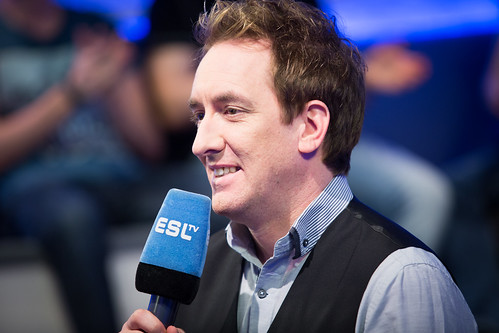
You also need to take into account your experience and how far you are into your career. While it may seem unfair that someone who’s been around for 10 years earns more than you do, it’s rarely different in any other ‘real world’ job.
You also need to ensure you don’t price yourself out of the job. Unfortunately for you, there’s usually a wide selection of talent available for most games, and the broadcaster will never be held to ransom even by the top commentators if they feel they can get someone of a similar style or experience level for a reasonable rate.
Distance is also a consideration. If the travel involved is long haul (anything over five hours flight time), it will usually mean you have to lose a day either side of an event for travel plans (an hour to get to the airport, two hours waiting, a five hour flight, one hour the other end to hotel - so nine hours total). In this scenario, I usually charge a little higher than for a more local event, but unlike many commentators I do not specifically charge for travel days. This practice is not all that common in esports and even less so in TV land, but I have heard of those who charge half their daily fee for each day of travel, and as long as it’s not unreasonable (like 12 hour flights to China), it’s possibly okay. However, I prefer not to do this, and many broadcast companies will not agree to pay for travel days.

I haven’t touched on how much you should charge yet, and there’s a really good reason for that. Over the last ten years, fees have increased substantially. However, esports broadcasting is still relatively poor in comparison to mainstream TV shows, which in turn means that the fees aren’t aligned with those of TV just yet.
That said, a rough guide (and it really is a rough guide) would be to ask for anywhere from €150 to €750 per day based on all of the criteria explained in this installment. I know this is a very wide range, but it really does depend on so many different factors. Experience counts for the most in this respect, and if you start low but build up the fee over time and continue to produce a high standard of work, there’s no reason why your fee cannot increase on a regular basis until you reach what you ideally want to earn.
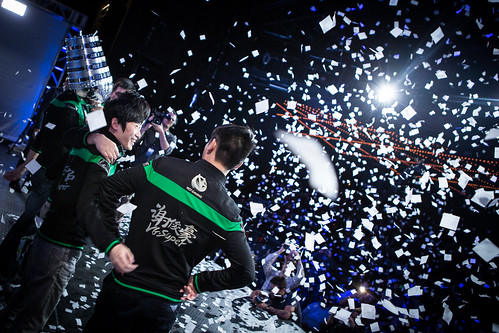 I should also mention that some people need more money than others, and while that might not seem to fit into the criteria, we all know how much money we need to survive, and this will be different for those in different countries or with young families to support. In other words, alongside all of the other criteria, don’t be afraid to ask for the money you think you need. If you find yourself constantly being rebuffed, ask for feedback, and ask specifically if it’s due to the fee you’re asking for. Most tournament organizers and companies will be honest and let you know if your fee is too high, and you can then decide if you can lower it in order to meet their budget.
I should also mention that some people need more money than others, and while that might not seem to fit into the criteria, we all know how much money we need to survive, and this will be different for those in different countries or with young families to support. In other words, alongside all of the other criteria, don’t be afraid to ask for the money you think you need. If you find yourself constantly being rebuffed, ask for feedback, and ask specifically if it’s due to the fee you’re asking for. Most tournament organizers and companies will be honest and let you know if your fee is too high, and you can then decide if you can lower it in order to meet their budget.
Regardless of the fee you get, it’s important to ensure you produce high-level results. This is especially true where you feel you got a much lower fee than you should have, which can often lead to underperformance or a “why should I bother too much if I didn’t get paid properly?” attitude. This attitude will lead to failure - companies will not want you in their team if you underperform. You also need to remember that in some respects, while you may feel you’re getting a low fee, the company you work for might think your fee is too high, which again can lead to misgivings.
Ensure you have no bad feelings about the fee and accept that sometimes you won’t always get what you think you‘re worth, as unfair as that seems. However, you should always make sure you deliver high-quality work.
Advertising
When it comes to advertising, you can never have enough, especially if it’s free. I’m not only talking about advertising your stream here, but also yourself as a personality.
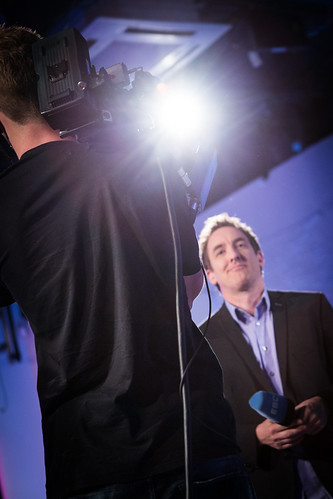 At the very least, you should have the full suite of social media accounts to post to, which in esports means Twitter, a Facebook page and an account on Reddit. There are other social media sites, but these three are key for you to manage and grow.
At the very least, you should have the full suite of social media accounts to post to, which in esports means Twitter, a Facebook page and an account on Reddit. There are other social media sites, but these three are key for you to manage and grow.
If you stream, post to Twitter first. If you have something unique or that you think the community would enjoy, think about posting on Reddit for extra reach, but be careful of respecting the posting rules. Facebook is good, too, but it’s much more about things you have coming up or have already happened (such as VODs). Try not to post more than three items a day on Facebook (two spread out is better). However, Twitter can be used to share things much, much more regularly through the day.
You could also consider advertising on Twitter to gain more followers, and on Facebook it’s relatively cheap to advertise your Facebook page in order to gain more fans. These are highly targeted adverts, too, so don’t confuse this with the black art of actually buying fans or followers. I can’t stress enough how damaging it is to buy fans or followers for your accounts. It might look good initially, but trust me: it isn’t worth it, doesn’t bring any interaction to your account and in the worst case scenario could see you losing the account altogether (purchasing Twitter followers, for examples, breaks the Twitter terms of service).
Your goals for your advertising strategy are simple:
- Promote any stream you run
- Promote your website and social media accounts
- Gain new fans and followers
- Promote any tournament or show you might appear on
- Ensure any event that hires you uses your social media pages in the lower third graphics
There are other advertising routes, but without a substantial pot of cash these are not really viable early on as they don’t provide the immediate returns you’d expect.
Interaction with fans and peers is the key to social media growth, not buying them.
Common mistakes (AKA the Gibbs broadcasting rules)
Some of the more common mistakes are made early in your esports broadcasting career, but some seem to hang around like a bad smell no matter how long you have been broadcasting. Below, you’ll find a set of rules I put together to remind myself of the things I used to do (and sometimes still do!), and every now and again I revisit these rules to ensure I am 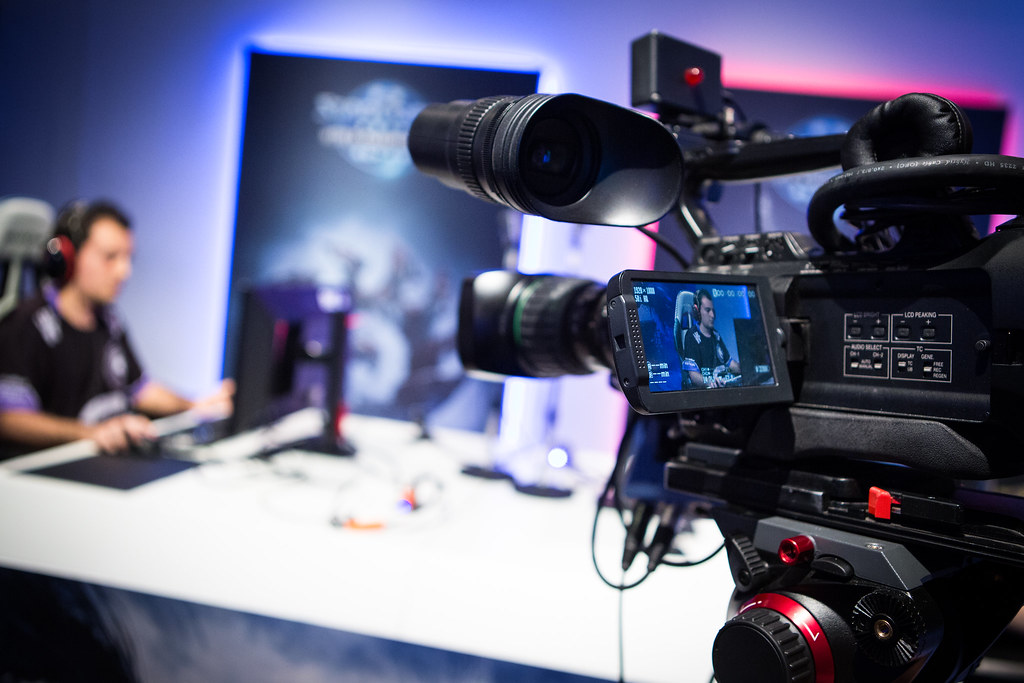 mindful and continue to avoid making the most obvious mistakes.
mindful and continue to avoid making the most obvious mistakes.
These rules are not hard and fast, however, and do depend on what type of show you’re doing - the ones below apply to a large-scale tournament or on-camera event.
If Leroy Jethro Gibbs were an esports broadcaster, these would be his rules:
1) Use of ‘um’ is never okay
2) Use of ‘errr’ isn’t clever either
3) Don’t use the word ‘throw’ when you throw
4) Tuck away in-ear earphones (and don’t use the white ones from iPods - they stand out and look horrible)
5) Put the leads from headsets behind your back or inside your jacket
6) Never cross your body with a handheld microphone - put it in the hand on the same side as your interviewee
7) Never give your microphone away
8) Don’t lean on desks with your elbows
9) Don’t put your hands in your pockets
10) Don’t keep touching your nose, covering your mouth, playing with your hair or eyebrows or rubbing your face
11) Leave your hair alone
12) Seriously, leave your hair alone
13) Stop fidgeting
14) Don’t play with your headset/mic
15) Never adjust your headset without muting first and ensuring you aren’t on camera
16) If you’re the only one on camera (for example onstage), make sure you keep eye contact with the camera
17) Always use the right nomenclature
18) Use the cough button - never cough into the microphone
19) Don’t cover the antenna on a handheld mic - it can cause interference and it annoys sound engineers a lot
20) Always let your stage manager know where you are if you leave the set or stage
21) Put the mic from your headset on the side of your face which is away from the camera (most broadcasting headsets are multi-way enabled)
22) No swearing - ‘idiot’ is fine, though 😉
23) Keep eye contact with anyone you interview
24) Mic in your left hand if your interviewee is on your left, and in your right hand if they’re on your right
25) Make sure your mic isn’t ‘hot’ before saying something you don’t want the public to hear
26) If you host a lot, use your own professional in-ear earphones - less mess, more quality
27) Don’t forget to breathe
28) Learn how to tie a tie or find someone who knows how to
29) Try and avoid stripes on clothing - it makes the cameras go weird
30) Pay attention to your producer - they will be your best friend when things go wrong
31) If you’re a host onstage, insist on having a preview monitor (sometimes called a PGM)
NEXT TIME: In the final part of this series, we’ll take a look at hosting in more depth, how to learn other games, handheld microphone technique, terminology, equipment and travel tips. See you then!
- Part 1: Introduction, background, setup and types of broadcast roles
- Part 2: First commentary broadcast, the four Ps and knowing your game community
- Part 3: Event broadcasting, the voice, cameras and natural talent versus hard work
- Part 4: Style and technique, dead air, introductions, throws, storylines and chemistry


